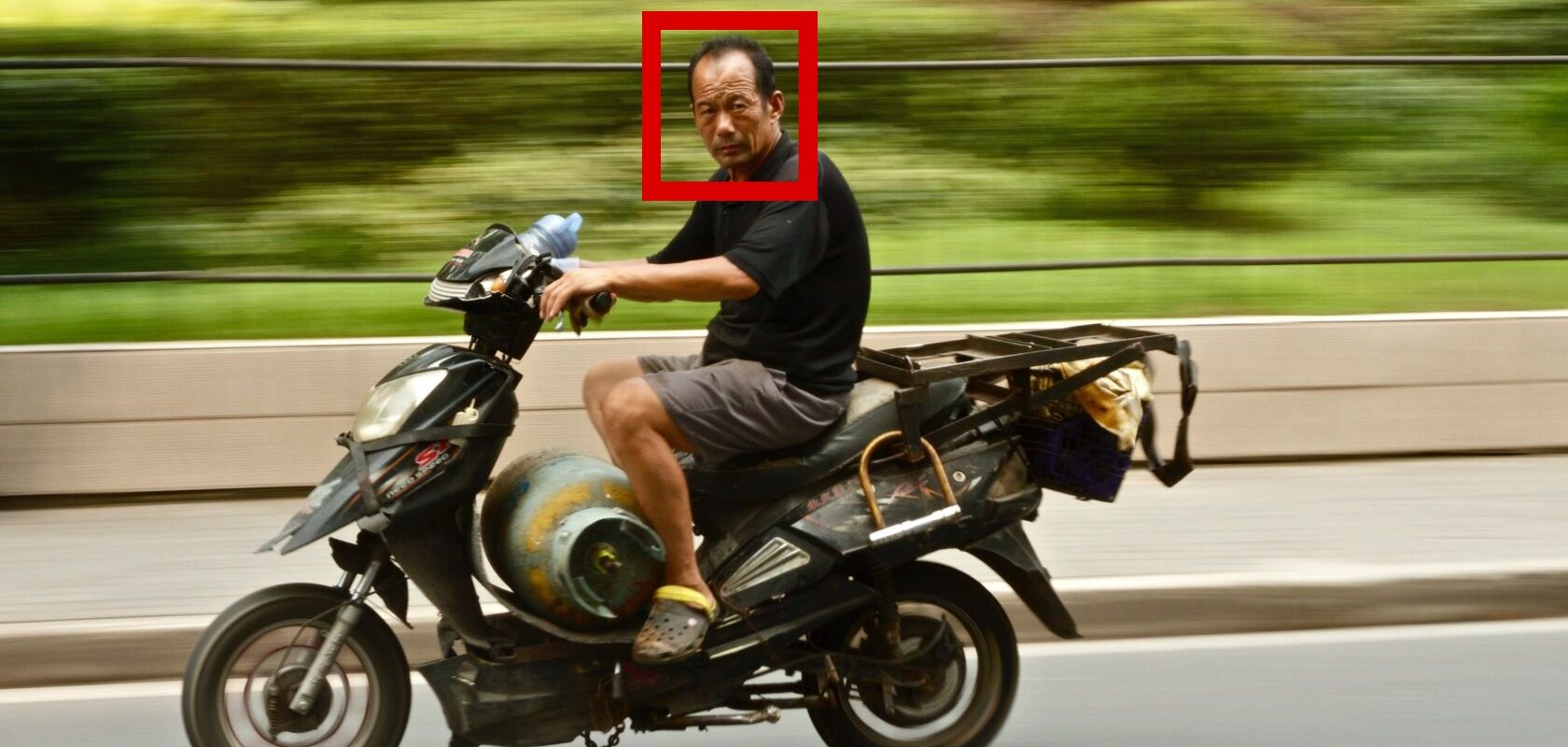The Chinese version of TikTok – the viral short video app – has introduced a new feature: in-video search.
Matthew Brennan, who is based in mainland China and specializes in developments in Chinese technology, posted about this development on Twitter, explaining that users can now “search someone’s face to find more videos of them” – and also, “search in-video products or clothes and buy directly.”
Click here to display content from Twitter.
Learn more in Twitter’s privacy policy.
TikTok – the global version – and the app’s version for the Chinese market that is now launching this advertising feature, known as Douyin – are both the product of one of China’s own “Big Tech” companies, namely, ByteDance. The company develops its lucrative content platforms based on machine learning-powered by artificial intelligence (AI) and seems to excel at it, all the way to earning it the title of China’s most valuable startup.
A clip attached to Brennan’s tweet demonstrates how the tech works, and its apparent capabilities will likely make e-commerce and advertising outfits lust after it in equal measure that privacy advocates will shudder at the prospect of its wide deployment.
The reason is that the app makes use of the highly advanced and highly controversial facial recognition technology. It’s by no means something that only the Chinese are working on, or excelling at – for example, when it comes to commercial efforts in the US, Microsoft has been quietly at the forefront of the facial recognition tech.
However, it’s the same type of technology that the Chinese state – unlike, ostensibly, many others – has had no qualms deploying to impose tight surveillance over some or all parts of the population.
Meanwhile, the confusion over the difference between “TikTok” and “Douyin” looks to be completely intentional on ByteDance’s part, as a branding effort to sell the former, TikTok, in the West. Also, the apps’ data is stored on different servers, depending on the jurisdiction.
In the end, just like apps and services of Western origin are frowned upon – or flat-out banned – in mainland China, so Chinese products are increasingly under scrutiny in the West based on their place of origin.
Be that as it may, TikTok had over one billion installs combined on Apple’s and Google’s app stores as of early 2019.
If you're tired of censorship and dystopian threats against civil liberties, subscribe to Reclaim The Net.









